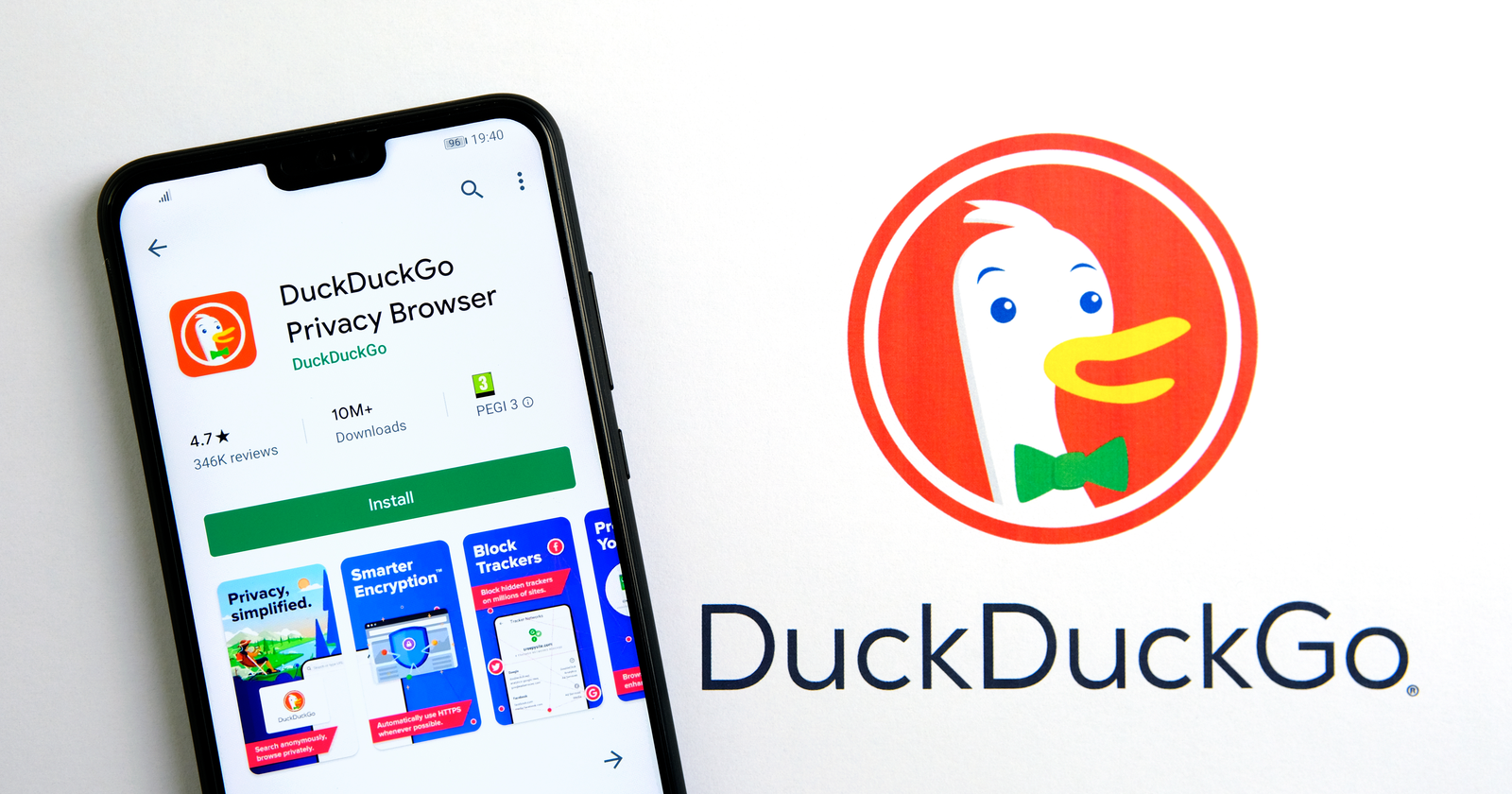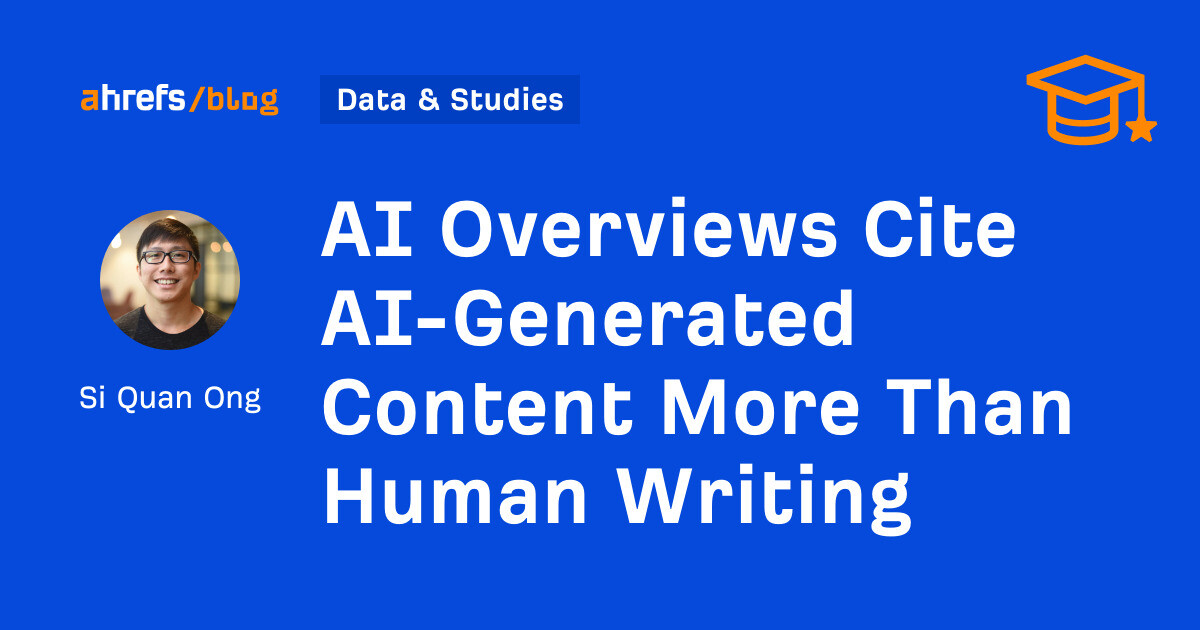Trump’s Return to Power: Could it Reshape the SEO Industry in 2025
Donald Trump’s return to office has brought a wave of anticipation and speculation across various industries, including digital marketing and SEO. Given Trump’s track record and his administration’s stance on big tech, SEOs must prepare for potential shifts that...

Donald Trump’s return to office has brought a wave of anticipation and speculation across various industries, including digital marketing and SEO.
Given Trump’s track record and his administration’s stance on big tech, SEOs must prepare for potential shifts that could redefine strategies and practices for the coming years.
This article outlines the potential changes that the SEO industry might experience under Trump’s new term, focusing on technology regulation, antitrust actions, data privacy policies, and content moderation.
1. Increased Antitrust Actions and Regulatory Changes
One of the most significant impacts on the SEO industry could come from Trump’s approach to technology regulation and antitrust enforcement. Trump’s previous criticism of tech giants like Google for alleged biases has set the stage for possible changes.
During a recent interview with Fox News’ Maria Bartiromo, former President Donald Trump made striking remarks about Google, stating, “Google has been very bad. They’ve been very irresponsible. And I have a feeling that Google is going to close, to shut down because I don’t think Congress is going to take it.”
These comments came as Trump expressed frustration over not receiving a call from Google following an assassination attempt on his life, contrasting with Meta CEO Mark Zuckerberg’s outreach and acknowledgment.
Political Implications
Trump’s statements reflect deeper conservative sentiments against Big Tech, aligning with longstanding frustrations regarding perceived biases and monopolistic practices. This rhetoric amplifies pressure on lawmakers to act, potentially fueling antitrust legislation aimed at limiting Google’s power.
Past and Ongoing Antitrust Cases
Google has faced intense antitrust scrutiny, not only in the United States but also in the UK, where the company was fined €2.4 billion by the European Commission for favoring its own services.
More recently, in 2024, the UK’s Competition and Markets Authority (CMA) found Google guilty of abusing its dominant position in online advertising. Trump’s administration could align with such regulatory stances, applying similar pressure domestically.
Implications for SEOs
Should stricter antitrust measures be implemented, Google may be compelled to alter its algorithms or business practices to foster fair competition.
This could mean that SEOs will need to diversify their optimization efforts to include a broader range of search engines and adjust to new ranking factors influenced by these regulations.
[newsletter_form]
2. SEO Landscape in a Multi-Platform Era
The rise of AI-powered competitors such as Microsoft and Apple has already shifted some attention away from Google’s dominance:

ChatGPT Integration and AI Competition
Microsoft’s integration of ChatGPT into Bing has significantly enhanced its search capabilities, and Apple’s AI investments with OpenAI signal a move toward a more competitive landscape.
SEOs will need to explore optimization strategies beyond Google, including leveraging Bing’s AI-driven tools and understanding Apple’s potential contributions to search.
Strategic Shifts for SEOs
With competition heating up, there could be a reshaping of search traffic distribution. SEOs should stay updated on platform-specific algorithms and features, which may require new keyword strategies and content adjustments to capture traffic from alternative search engines.
3. Data Privacy Policies and SEO
Trump’s previous administration favored deregulation, which allowed businesses more flexibility in data collection. This approach may continue:

Potential Deregulation
If the new administration maintains a hands-off approach to data privacy, SEOs could benefit from fewer restrictions on user data tracking, enhancing personalization and user engagement tactics. However, the presence of state-level data privacy laws could create a fragmented landscape, requiring SEOs to develop state-specific compliance strategies.
Challenges and Opportunities
While deregulation may simplify data collection processes, compliance with varying laws could still pose challenges. SEOs should be prepared to adapt to these shifts, ensuring strategies align with both federal and state regulations.
4. Content Moderation and Section 230 Revisions
Trump has been vocal about reforming Section 230 of the Communications Decency Act, which shields tech platforms from liability for user-generated content:
Proposed Changes
Revisions to Section 230 could lead to reduced content moderation, potentially allowing a wider range of content on digital platforms. For SEOs, this could mean a shift in how user-generated content and discussions contribute to improved search visibility and engagement.
SEO Adjustments
Reduced moderation may open up more opportunities for leveraging user-generated content in SEO strategies especially in the YMYL industries. However, maintaining content quality and managing potential risks related to misinformation or inappropriate content will be critical.
5. Backlash Against Google’s Proprietary Practices
Google has faced criticism from website owners for directing users to its proprietary tools, AI Overviews and featured snippets, limiting fair competition:

Legal and Market Impacts
Past allegations, including those involving biased search results for political figures, have prompted legal challenges and public outcry. Trump’s administration could push Google to revise how it presents search results, promoting fairer competition and potentially altering featured snippet usage and organic ranking dynamics.
SEO Strategy Outlook
SEOs should watch for changes in Google’s practices that may increase visibility for organic search results, thus providing more opportunities for sites that have struggled to compete against Google’s own content.
6. Allegations of Bias and Algorithm Transparency
Reports of biased search results, like those where searching for Trump shows info about Kamala Harris, raise concerns about how Google algorithms work. And Trump said on TV that he hasn’t heard from Google that they’re sorry, but the Facebook CEO called him and apologized.
I did a Google News search about “Donald Trump”.
Google News changed it to “Harris, Donald Trump” and proceeded to show me only news that favors Harris over Donald Trump. pic.twitter.com/HmlBNcuoSz
— Wall Street Silver (@WallStreetSilv) July 29, 2024
Algorithm Adjustments
These incidents may prompt Google to increase transparency around its algorithms to counteract bias accusations. SEOs could see shifts toward clearer ranking criteria and guidelines for content inclusion.
Preparedness for SEOs
As search engines work to maintain credibility and fairness, SEOs should anticipate and adapt to these changes, ensuring that content aligns with updated guidelines and remains visible in an evolving search landscape.
7. Potential Increase in Digital Marketing Investments
The return of Donald Trump to office is anticipated to influence the digital marketing landscape, potentially leading to increased investments in the industry. Several factors contribute to this projection:
Economic Policies Favoring Business Growth
Trump’s administration is expected to implement policies that stimulate economic growth, such as tax cuts and deregulation. These measures can enhance corporate profitability, enabling businesses to allocate more resources to digital marketing initiatives.
Emphasis on Deregulation
A focus on reducing regulatory constraints may provide companies with greater flexibility in their marketing strategies. This environment can encourage innovation and expansion in digital marketing efforts, as businesses navigate fewer bureaucratic hurdles.
Increased Competition Among Tech Giants
With potential antitrust actions and a more competitive landscape among tech companies, digital platforms may offer more favorable terms and innovative advertising solutions. This competition can attract higher investments from businesses seeking to capitalize on diverse marketing channels.
Advancements in Technology and AI Integration
The integration of AI technologies by companies like Microsoft and Apple introduces new opportunities for targeted advertising and personalized marketing. Businesses may increase investments to leverage these advanced tools (in the future), aiming to enhance customer engagement and conversion rates.
Trump’s return to office is poised to influence the SEO industry through regulatory actions, increased competition from AI-driven search engines, and potential shifts in data privacy and content policies.
SEOs should remain adaptable, keeping a close watch on policy changes and market dynamics to stay competitive. By diversifying their optimization strategies and preparing for potential shifts in search engine practices, SEOs can navigate the coming changes effectively and thrive in the evolving digital landscape.
The SEO industry in 2025 will require flexibility, informed strategies, and an understanding of new regulations and competitive pressures.
We are also expecting a potential decline in traditional search engine volume by 25% by 2026, as predicted by Gartner.
As Trump’s administration takes office in January, staying ahead of these potential shifts will be essential for sustained success in the world of SEO.

 Konoly
Konoly 































